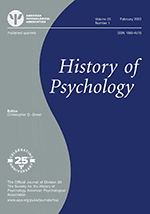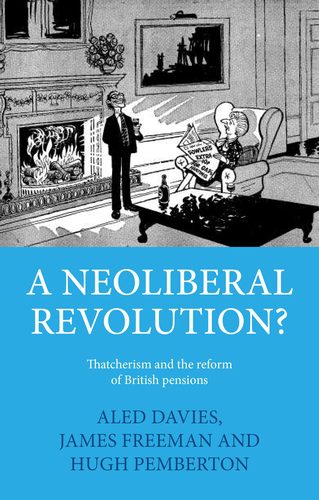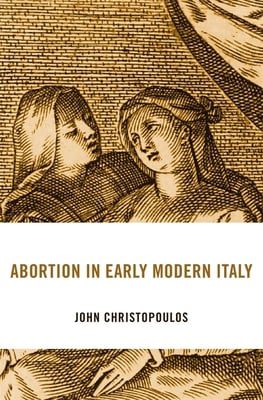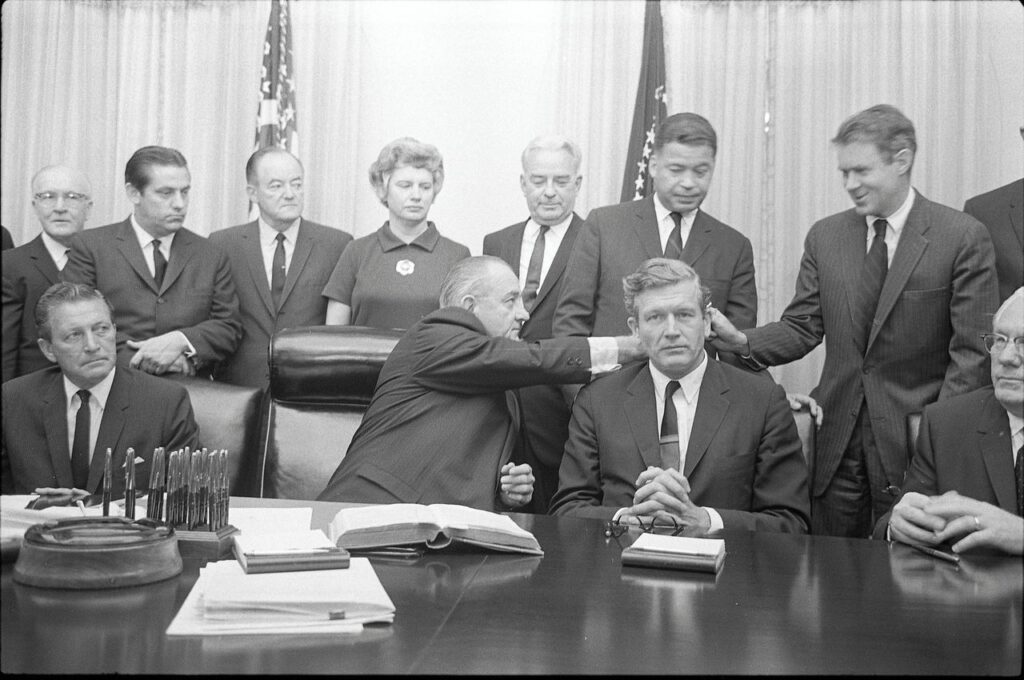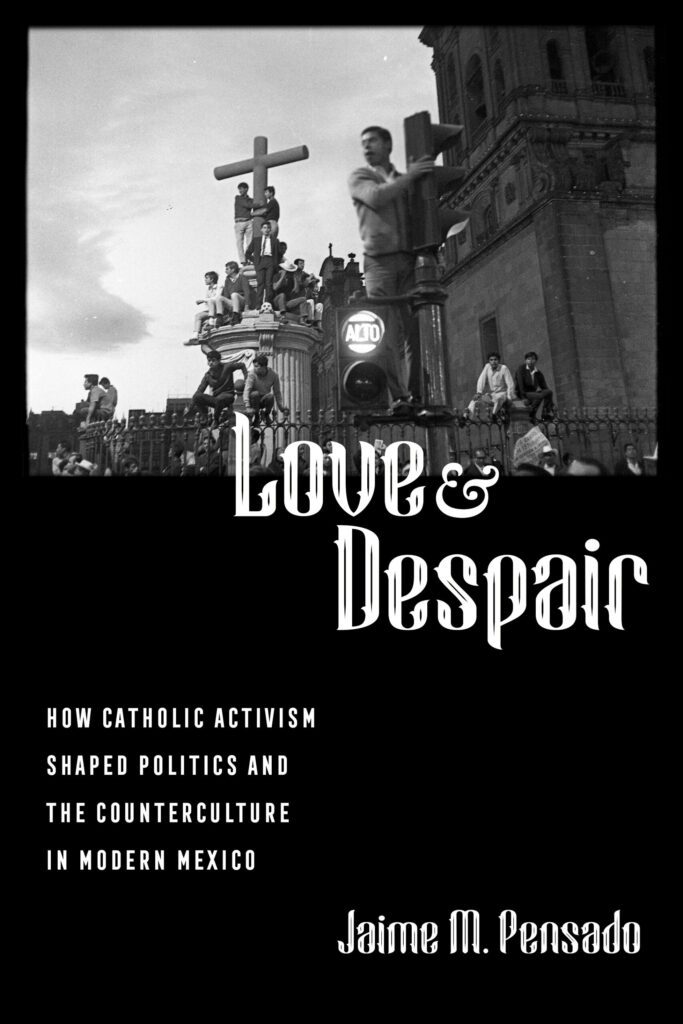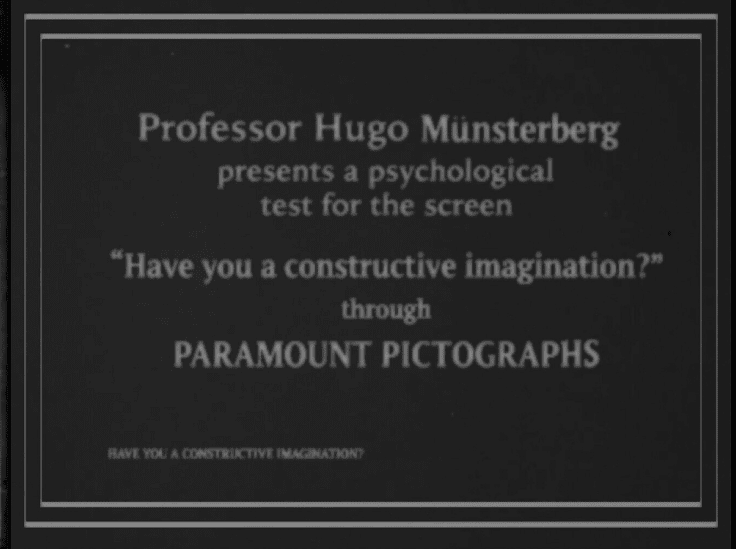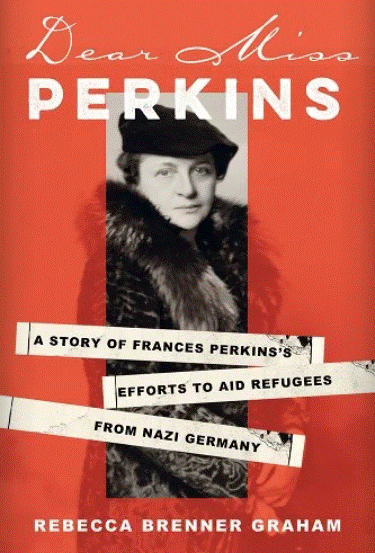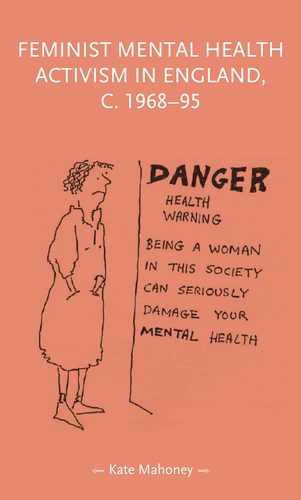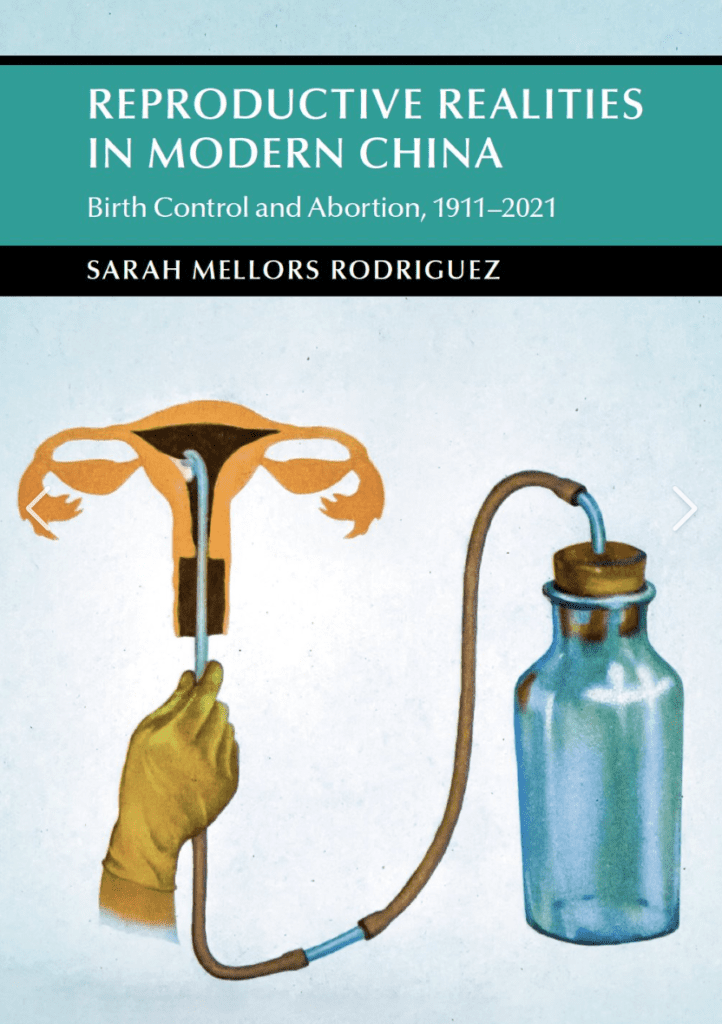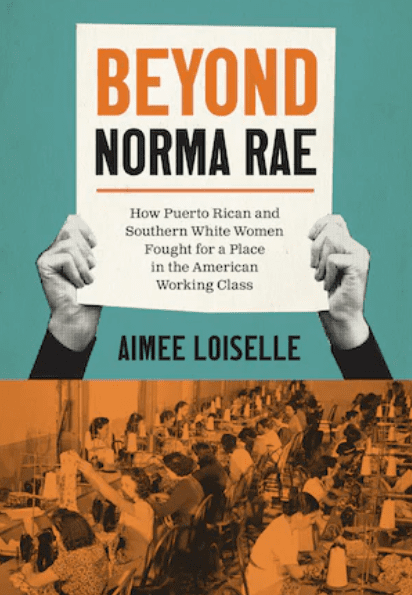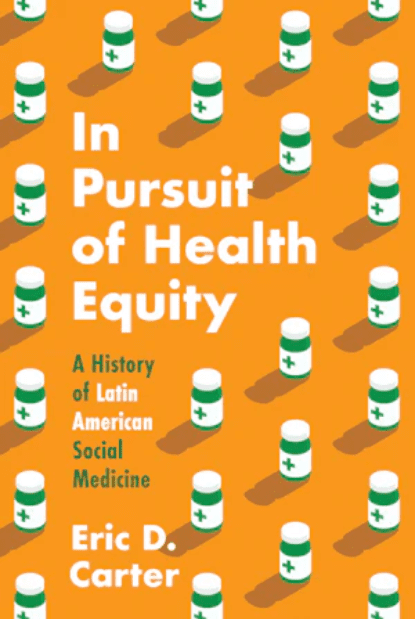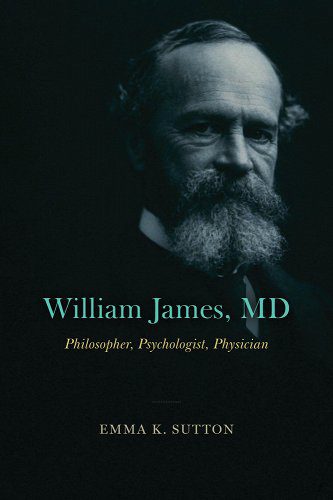
Transformativity: The malleable foundations of social theory

news, new scholarship & more from around the world


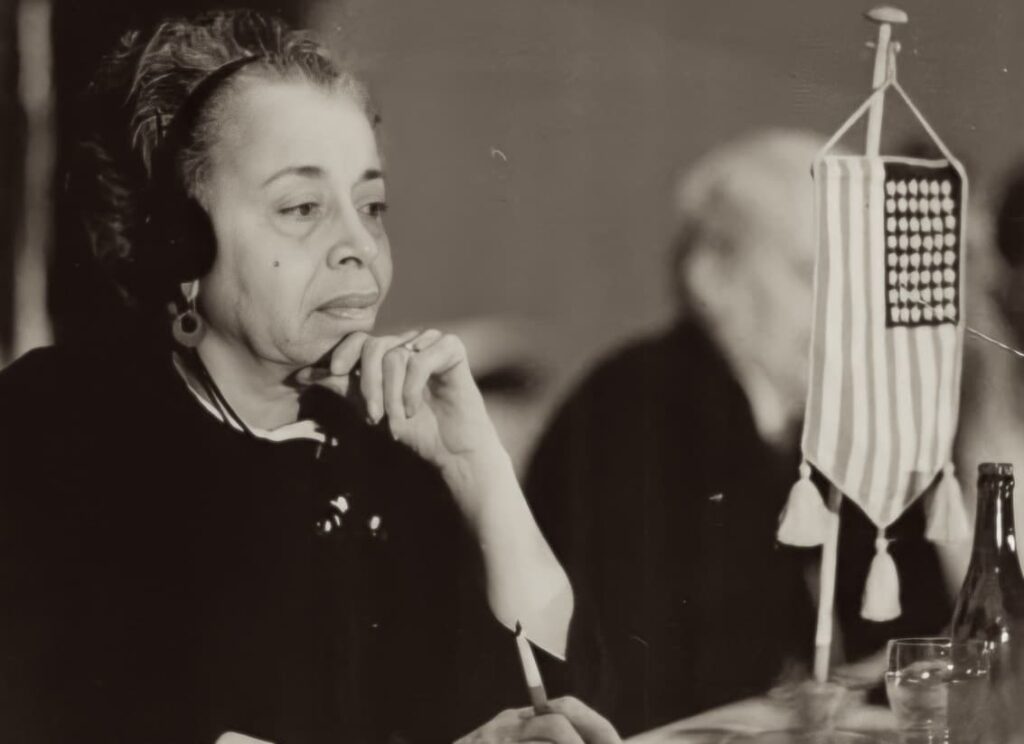
As founders and leaders of unions, parties, and militant organizations—such as the Communist Party of the United States of America (CPUSA), the Trade Union Unity League, the Southern Negro Youth Congress, Sojourners for Truth and Justice, and many others—these women offer powerful guidance in a time when deep polarization makes many despair. Above: Louise Thompson Patterson speaking in Berlin, Germany.



EP Thompson: the idea of people possessing the capacity to act upon the world was central to his life work.


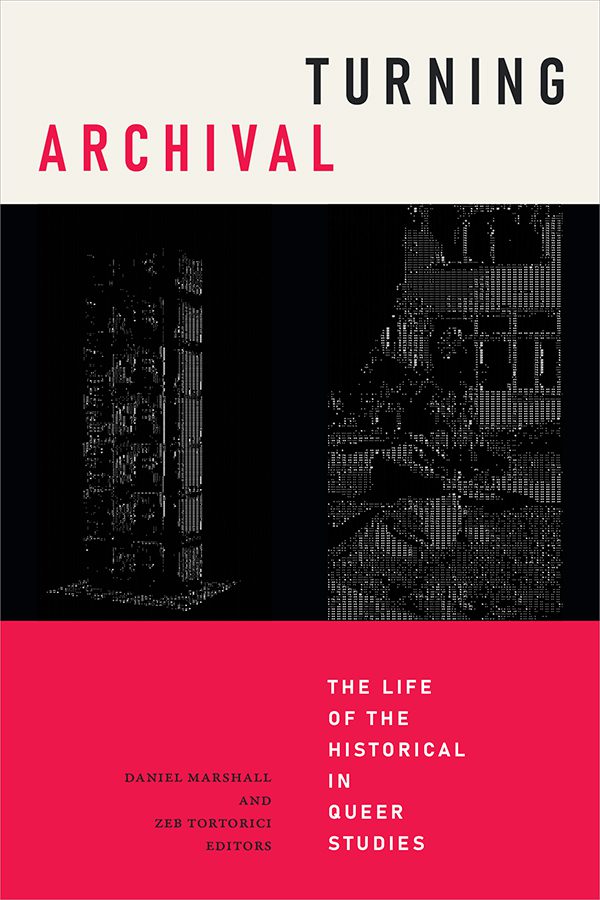

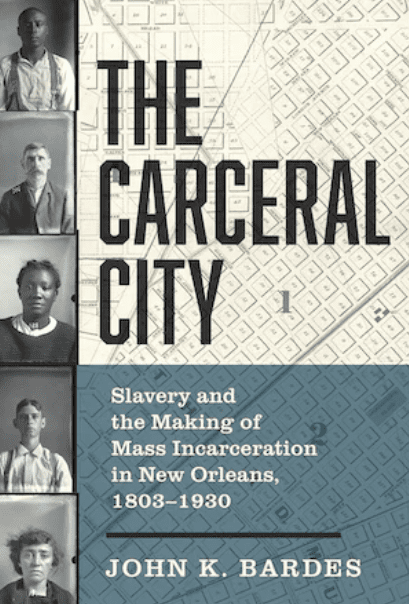



Double podcast about the Angry Brigade, Britain’s first home-grown urban guerrilla group, in the 1960s and 70s, in conversation with John Barker, who was put on trial as part of the group.

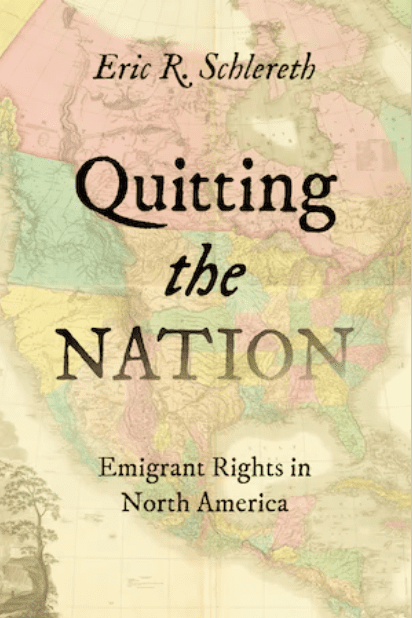
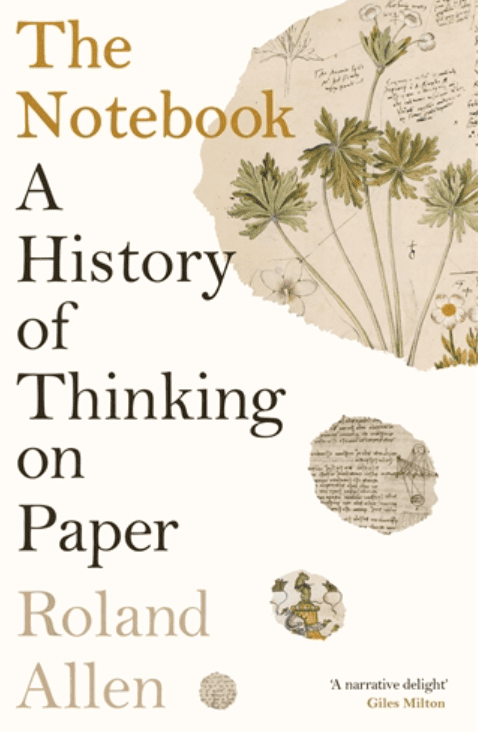

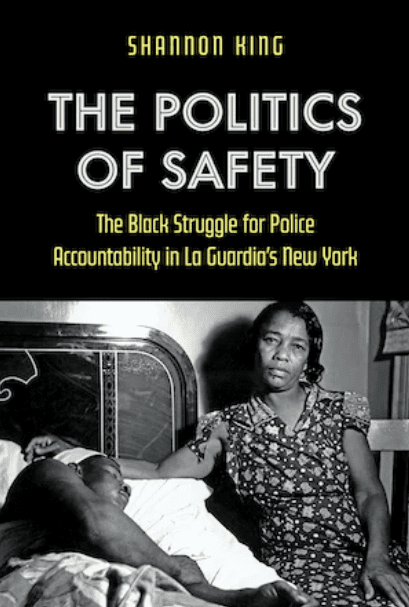


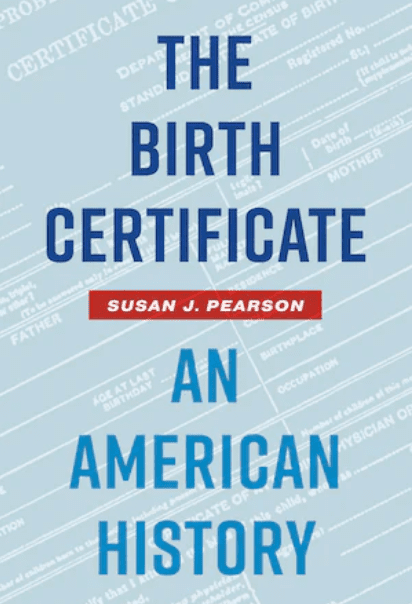
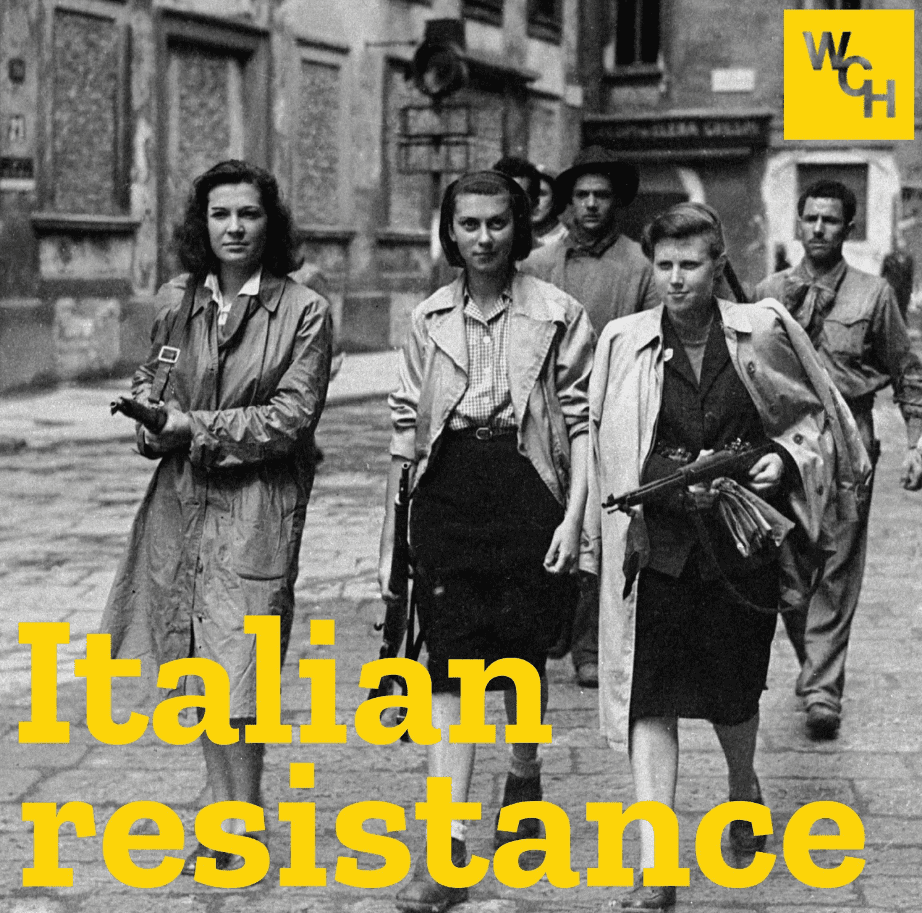
A four-part podcast series on the Italian resistance to fascism, both during World War Two and immediately after, in conversation with anti-fascist partisans themselves.



